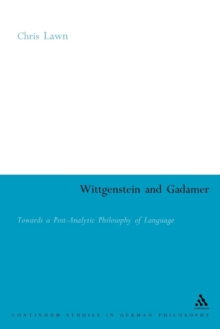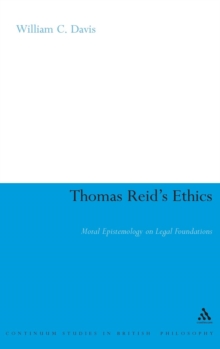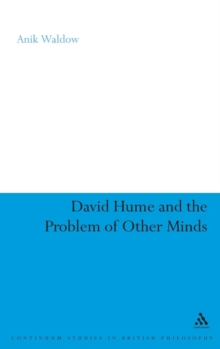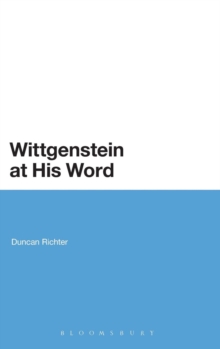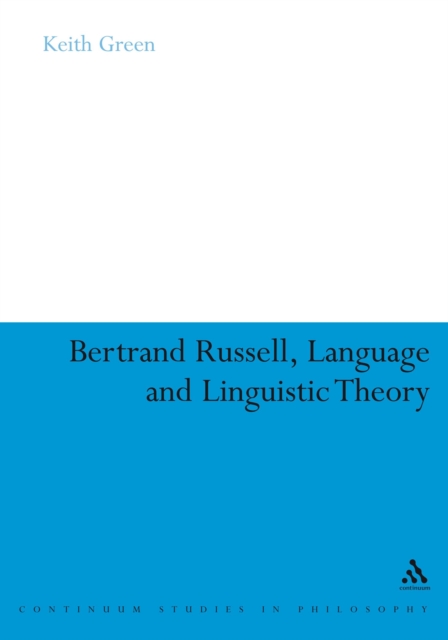
Bertrand Russell, Language and Linguistic Theory PDF
by Green Keith Green
Part of the Continuum Studies in British Philosophy series
Description
The main aims of this important new book, in focusing exclusively on Russell's work on language throughout his career, are to place Russell within the changing contexts of contemporary linguistic thought; to read Russell's language-theories against the grain of his own linguistic practice; to assess the relationship between linguistic andphilosophical thought during Russell's career, and to reassess his place in the history of linguistic thought in the twentieth century.As such, this fascinating study will make a vital contribution to Russell studies and to the study of the relationship between philosophy and linguistics.
Information
-
Download - Immediately Available
- Format:PDF
- Pages:192 pages
- Publisher:Bloomsbury Publishing
- Publication Date:29/11/2007
- Category:
- ISBN:9781441197498
Other Formats
- EPUB from £137.70
Information
-
Download - Immediately Available
- Format:PDF
- Pages:192 pages
- Publisher:Bloomsbury Publishing
- Publication Date:29/11/2007
- Category:
- ISBN:9781441197498
